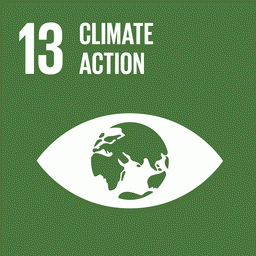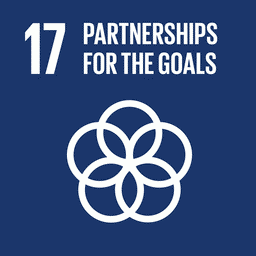Brazilian society has an open space to debate the climate agenda at COP26 and the paths for the country to develop a low-carbon, inclusive and responsible economy: the Brazil Climate Action Hub.
Located within the Conference, in the Blue Zone, it will have an extensive program of events during the two weeks of COP, with presentations of studies, press conferences and discussions between representatives of non-governmental organizations, traditional populations, social movements, the private sector and different political spheres from Brazil and other countries. All events will be broadcasted on the Hub’s website, with simultaneous translation between Portuguese and English, in order to bring what happens at COP26 closer to the Brazilian population.
The Brazil Climate Action Hub will also be the place where negotiations around the Paris Agreement and the international climate agenda will meet visions about Brazil, the challenges posed and the solutions that must be built, with dialogue and transparency.
Organized by the Institute for Climate and Society (iCS), the ClimaInfo Institute and the Amazon Environmental Research Institute (IPAM), the space was created in 2019, when it gave visibility to Brazil’s climate agenda at COP25, in Madrid, Spain. The initiative had broad support from civil society representatives and quickly became a reference for those who would like to learn more about Brazilian perspectives at that year’s conference.
The opening of the Hub, in Glasgow, takes place on November 2nd by the afternoon, with the debate “How can Brazil contribute to keep the 1.5° target alive?“, in reference to the limit for the increase in the planet’s average temperature until end of the decade compared to the pre-industrial period. UK time zone (UTC+0), which is three hours ahead of Brasília time (UTC-3), should be considered to keep up with the schedule.
COP26 takes place between October 31st and November 12th. More than 190 world leaders and more than 20,000 people are expected. There will be twelve days of conversations involving thousands of negotiators, government representatives, businessmen and citizens from all over the world.
The main mission is to close the “rulebook” of the Paris Agreement, which seeks to keep the increase in the planet’s average temperature, caused by human actions, at a maximum of 1.5ºC. For this to happen, all countries need to cut their greenhouse gas emissions, whether they come from burning fossil fuels or from deforestation.

